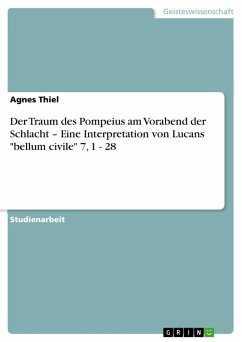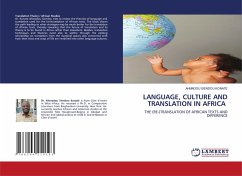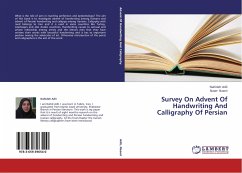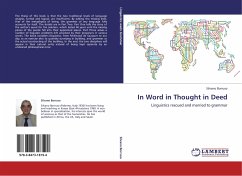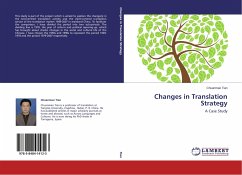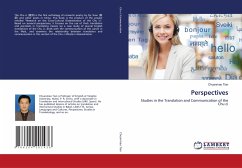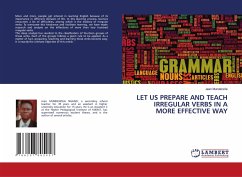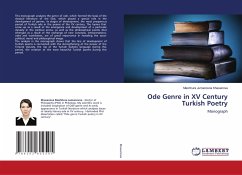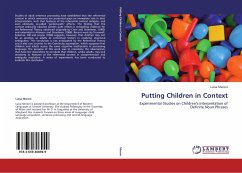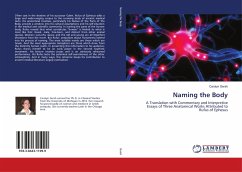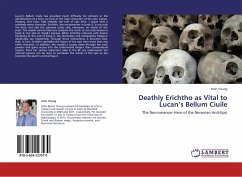
Deathly Erichtho as Vital to Lucan's Bellum Ciuile
The Necromancer Hero of the Neronian Anti-Epic
Versandkostenfrei!
Versandfertig in 6-10 Tagen
32,99 €
inkl. MwSt.

PAYBACK Punkte
16 °P sammeln!
Lucan s Bellum Ciuile has provided much difficulty for scholars in the identification of a hero, as none of the main characters of the epic, Caesar, Pompey, and Cato, fully embody the role of epic hero. I argue that a relatively minor character, Erichtho, the necromancer in book 6, is not only the hero, but also the supreme uates and, moreover, an avatar of the poet. The reader cannot help but compare the witch to not only Scaeva in book 6, but also to Vergil s Aeneas. When Erichtho interacts with Sextus Pompeius at the end of book 6, she dominates and manipulates Magnus deplorable son masterf...
Lucan s Bellum Ciuile has provided much difficulty for scholars in the identification of a hero, as none of the main characters of the epic, Caesar, Pompey, and Cato, fully embody the role of epic hero. I argue that a relatively minor character, Erichtho, the necromancer in book 6, is not only the hero, but also the supreme uates and, moreover, an avatar of the poet. The reader cannot help but compare the witch to not only Scaeva in book 6, but also to Vergil s Aeneas. When Erichtho interacts with Sextus Pompeius at the end of book 6, she dominates and manipulates Magnus deplorable son masterfully. Through these interactions, it becomes clear that, in fact, Erichtho resembles the figure of the epic hero more than any other character. In addition, she creates a corpse uates through her vatic powers and gains access into the Underworld deeper than conventional oracles. Once her various important roles in the BC are understood, her infernal powers can be seen to permeate the whole of the epic as she becomes the poem s central figure.



